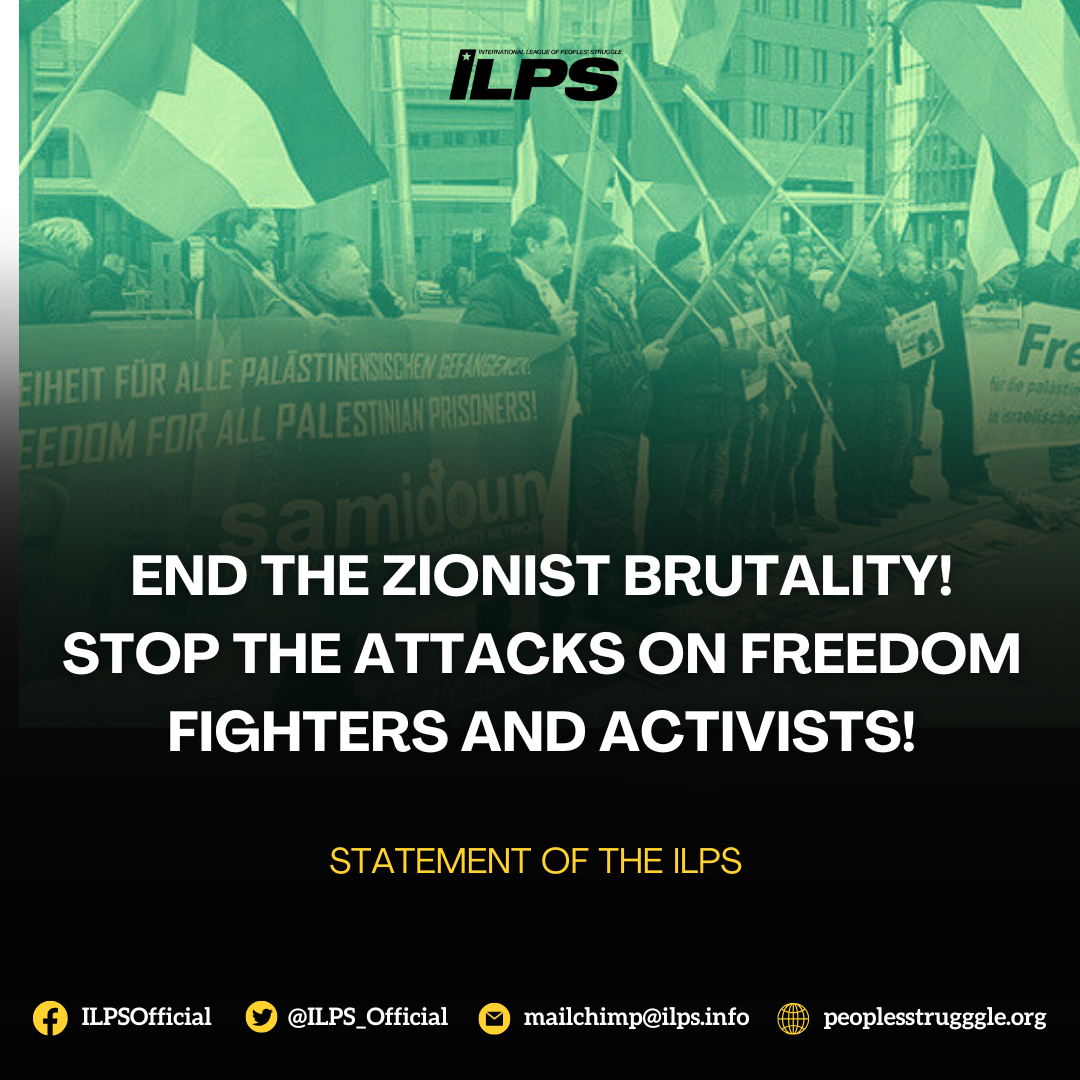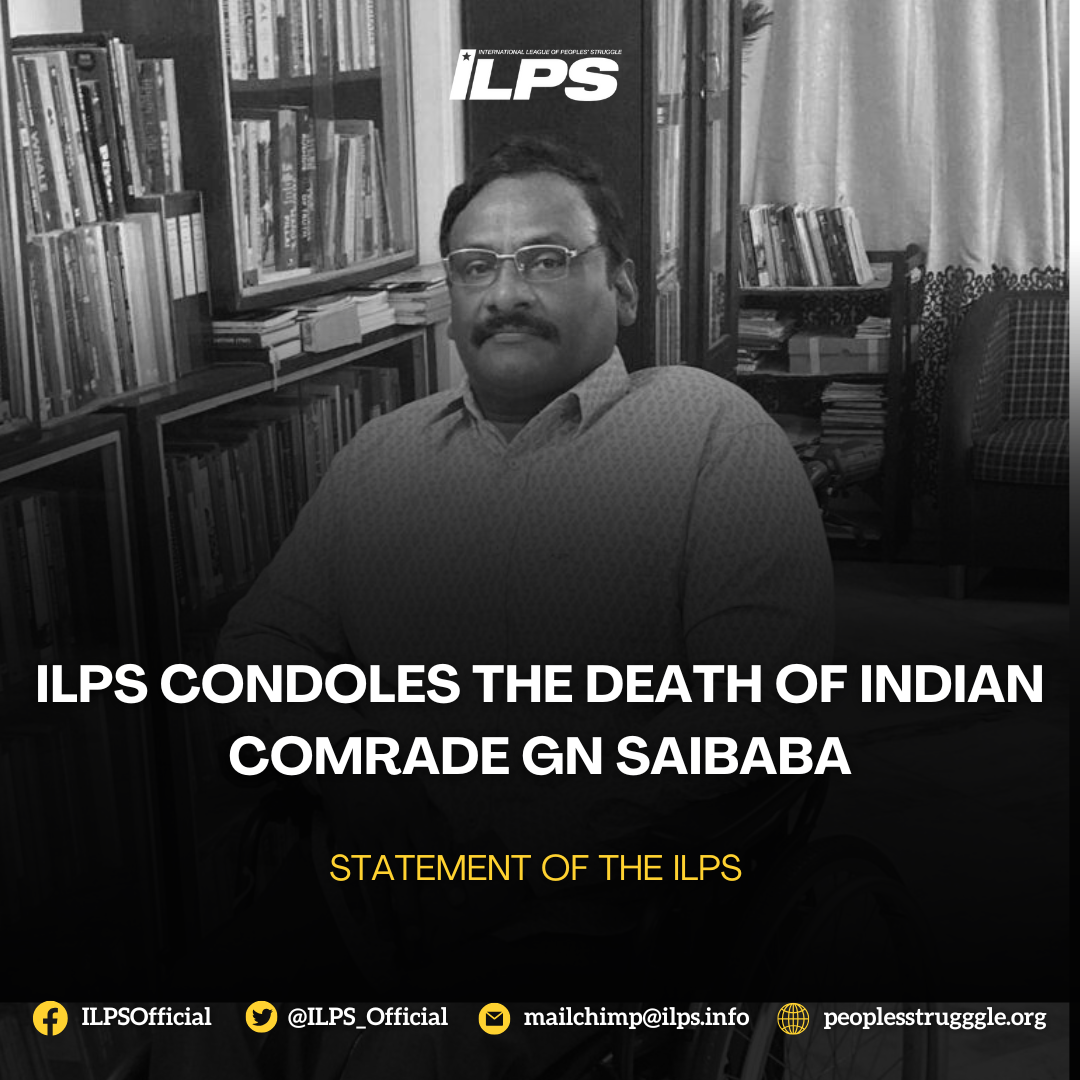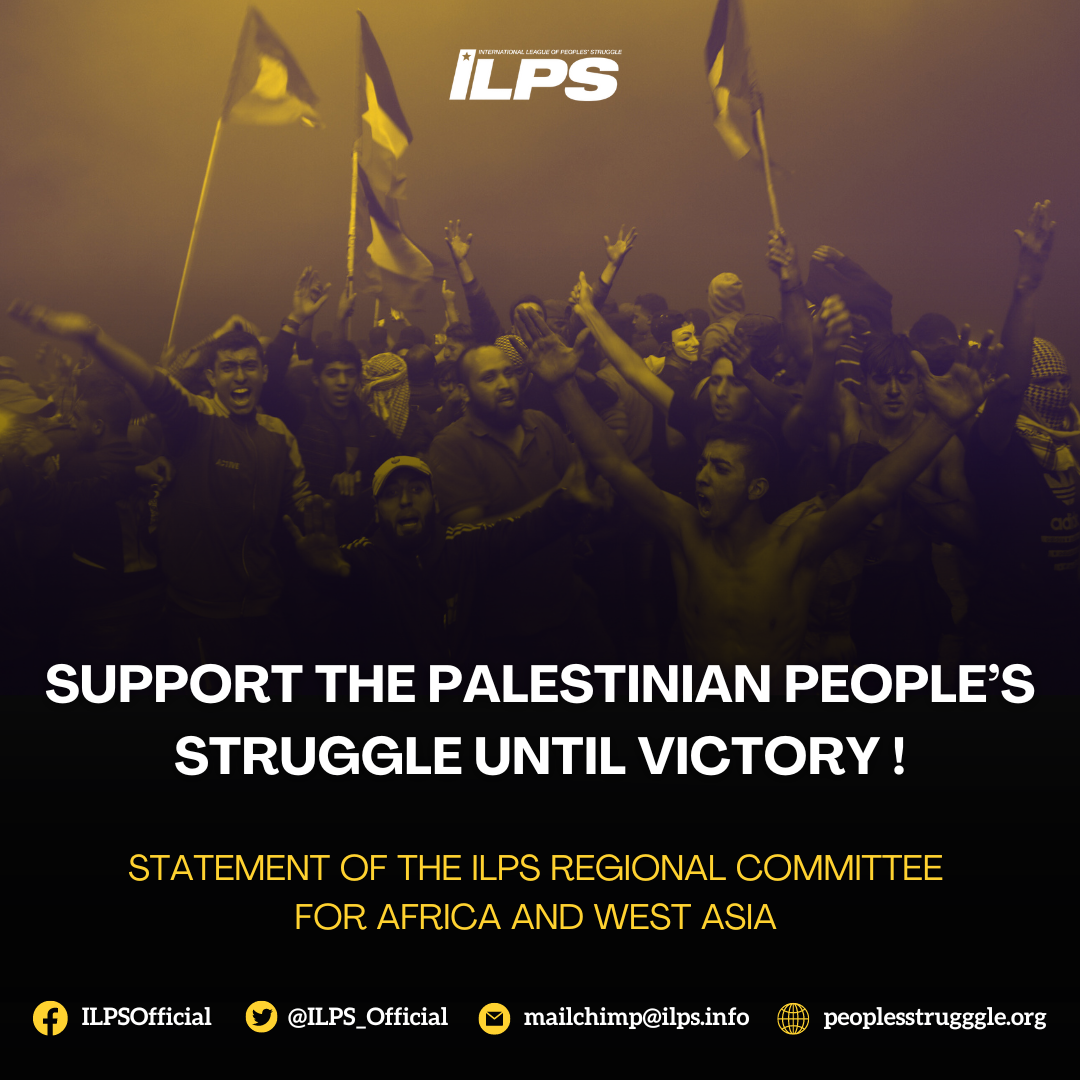The International League of Peoples’ Struggle Philippines commemorates the Mendiola Massacre today with Filipino farmers who continue the struggle for genuine agrarian reform.
On January 22, 1987, state security forces opened fire on protesters marching to Malacanang, killing 13 and injuring 51. Farmers and peoples’ organizations demanded the free distribution of land to farmers, the end of retention of lands by landlords, and a stop to the amortizations of land payments.
The plight of peasants can be traced back to Spanish colonialism’s encomienda and hacienda systems, which established the feudal relationship between the big landlord class and peasants. American colonialism maintained the haciendas and the feudal relations in order to respond to the demands of the world market for raw materials until agriculture has been subsumed by capital. Sustaining the backward agricultural mode of production in semi-colonies such as the Philippines is an inherent character of imperialism, which benefits from exporting cheap raw materials from backward agricultural countries. Through its collaboration with bureaucrat capitalists, the landlord class, and the big bourgeoisie compradors, imperialism pursues its economic, political and military interests in its semi-colonies.
The economic conditions of Filipino farmers today have not improved, as they remain exploited by the feudal relations of the mode of production. This is made worse by the Duterte regime’s implementation of neoliberal policies on agriculture such as the Rice Liberalization Law, which deregulates rice importation and reduces produce prices and leaves farmers in exorbitant deficits each planting season. Policies such as Cory Aquino’s Comprehensive Agrarian Reform Program (CARP) and Gloria Arroyo’s CARP extension have failed to distribute land to farmers, and have ensured that the landlord class perpetuates its power over peasants.
After thirty-four years, the families of the victims of the Mendiola Massacre persist in their yearly sojourn to the capital to demand justice for their loved ones. Harassment and red-tagging of peasant leaders and activists have escalated under Duterte’s term, with the onslaught of farmers in various provinces over the past few years such as those in Negros, Bicol and Samar and the intensified militarization of rural communities. The murder of nine Tumandok peasants last December 17 is the latest in the Duterte regime’s killing spree, preceded by the assassination of peasant advocate Randall Echanis and the unlawful arrest of his daughter.
These attacks on human rights and civil liberties are committed amidst the Coronavirus pandemic and the exacerbation of the economic crisis, condemning Filipino farmers to death. As the majority of the Philippine population are peasants, the peasant quandary fuels the decades-old communist insurgency in the country. The Duterte regime has unveiled its disinterest in pursuing a just and lasting peace by neglecting to address landlessness, usury, and neoliberal policies which further disenfranchise Filipino farmers.
The interests of foreign corporations, big landlords and the comprador class reign supreme while the majority of landless peasants and underemployed workers suffer horrible conditions aggravated by a raging pandemic and economic crisis. All the while, the government is preoccupied with the perpetuation of its power through instigating Charter Change — this is not what the toiling masses of the country need. What the people demand is an ease to the economic crisis and the skyrocketing prices of basic commodities, job security, the recognition of democratic rights, and accessible, affordable, and effective vaccines for Covid-19.
The ILPS Philippines calls on the international community for support and solidarity for all peasants who have been subjected to the state’s fascist attacks.
Genuine agrarian reform now!
Stop neoliberalization of agriculture!
Stop the killings!
Oust Duterte!
Down with imperialism!
Leave A Reply
Subscribe
0 Comments
Oldest



